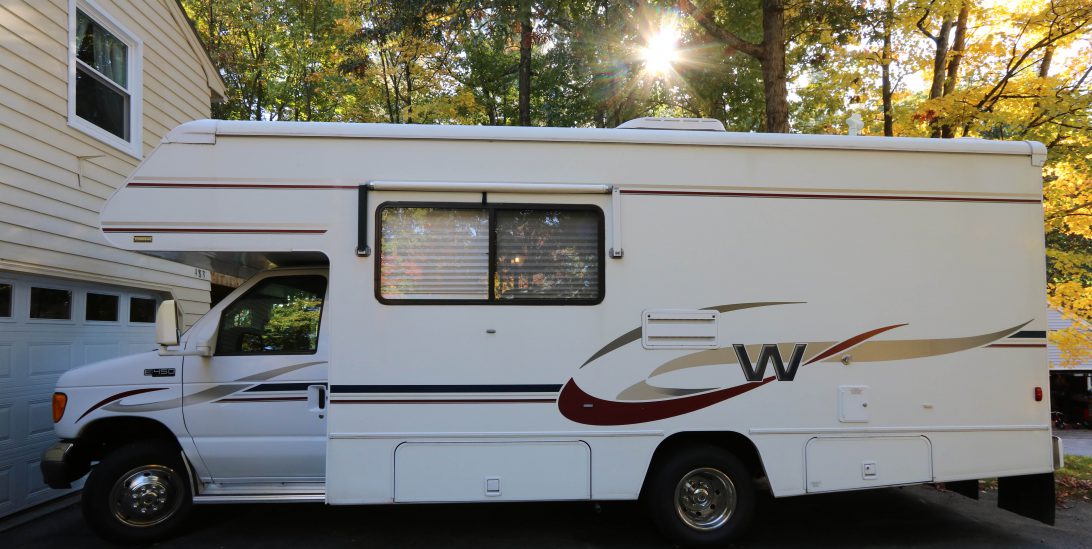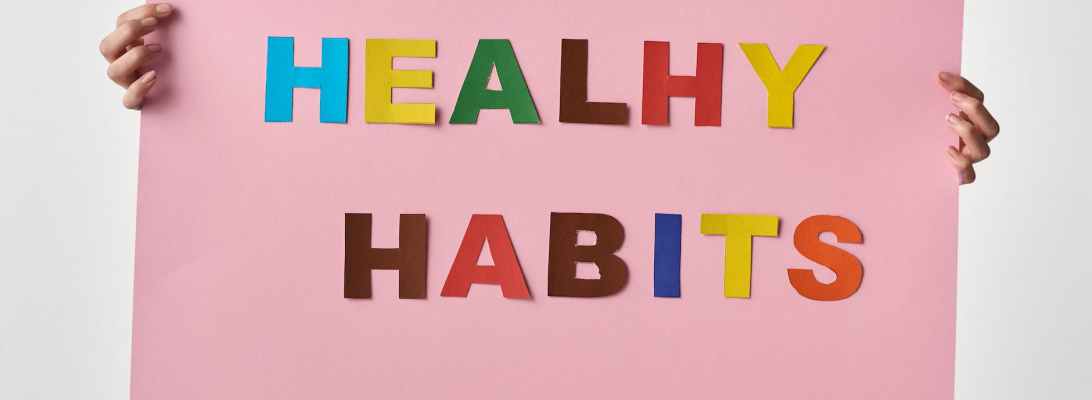Habits. What are your habits? Do you have a good habit or two that you worked for? Do you have some habits that kind of fell into?
People who know me well tell me that my ability to create healthy habits is actually one of my superpowers! I’ve been thinking about the role of habits in my life. Without habits, I wouldn’t be where I am today.
Back at the start of 2016, after extraordinary frustrations with my health, I decided it was time to take things into my own hands. If doctors couldn’t figure out what was going on with my body, and if I was still exhausted and uncomfortable, it was time to make a change.
I knew that the one area where I was, without a doubt, not maintaining a particularly healthy lifestyle, was my exercise routine. I loved to dance, and I loved to walk, and I even loved yoga, but between financial limitations, a busy schedule, and, I can say with hindsight, some avoidance and resistance to making a commitment, I never seemed to stick to an exercise routine with any regularity.
I knew that for me to become someone who exercised regularly, for the long haul, I would need to make exercising super simple. (After all, nothing else, to date, had worked for more than a few months – even when I’d had a free gym membership provided by my job!)
So in mid-January, I woke up a half hour earlier than usual, and I did yoga poses and stretches for five minutes. I’d told myself that as long as I did something that qualified as exercising or stretching, I would count it.
The next day, I did the same, again for five minutes.
The pattern held. Perhaps five days into the practice, on a weekend, I decided I could afford a longer workout. After all, I was here anyway, and I didn’t have to run out the door.
But I didn’t change the rule for myself. I kept that five minute minimum in place.
With this simple habit in place, I started experimenting. What did it feel like to exercise for seven minutes, or ten minutes? Over time, since I was already showing up and dressed to exercises, I’d exercise for 15 minutes. Soon, a half hour was more of the norm.
I liked this routine. I felt better about myself, knowing I was doing this one thing to prioritize my health. And it set a nice tone for the day.
Eventually, I raised the bar to 15 minutes as my new minimum. And I began waking up even earlier, so that most days, I’d exercise for at least a half hour. I started an exercise program trial (a streaming service) and began experimenting with different workout programs, hoping to find one I liked enough to invest in. After experimenting for a few months, I purchased a favorite one, with strength training, and I purchased better equipment to travel with as I hit the road in an RV. Next, I started a daily walking habit. It stuck. I’ve been doing it ever since, minus a day here or there if I’m sick.
In early December 2020, after realizing I didn’t average 5,000 steps anymore (thanks, pandemic!), I decided I wanted to average at least 5,000 steps daily over the course of a week. With that knowledge and a bit of accountability in our Facebook group, I was there, and then, quite soon, averaging 7,500.
By mid-March of 2021, I was averaging more than 10,000 steps a day! I never would have thought it was possible, but the power of habits made it come to life. I made it easy, by building it on my existing walking habit, and I used a tracker and the accountability of my social media feed and my Facebook group.
Have you ever done this before? Have you successfully established a new habit? It’s something I’ve repeated many times since, and if I ever find myself getting off track, I am able to get myself back in gear.
I created a habit of batch cooking to help me successfully adapt the auto-immune protocol diet and lifestyle back in 2016, even though I was living in an RV (with a tiny kitchen). I used habits to build a morning routine that lit me up in 2018, and over time, I used habit stacking to make it more and more fun and aligned for me. I’ve used habits to develop an evening routine too. (For the record, there’s no shame in putting a chart on a wall if it helps you to meet your goals! Tired Jamie needed visual aids.) And of course, my habit of making healthy eating choices the majority of the time continues to serve me well – established when I was a kid but improved upon many, many times over my life. (And yes, there’s a place for ice cream in a healthy diet, if you tolerate it!)
I talk about habits with my clients too. One of the reasons I do mental fitness work with most of my clients is that if you don’t have a great awareness of and handle on your own triggers and know how to calm the negative thoughts that we all deal with from time to time (and some of daily), it is MUCH harder to implement healthy and productive habits.
For some of my clients, they don’t struggle with habits when they’re required by an outside authority, like a boss or the government, but they do struggle with meeting their own needs. Whatever your challenges are, whether you do well with internal or external expectations (or both), mental fitness helps a LOT!
Are you aware of the habits you have? Which ones serve you, and which habits would you like to get rid of? Are you working on any new habits this year?
Leave a comment and let me know – I’d love to hear any tips and support you in any struggles you’re having.
And if you’d like more support in creating sustainable habits that work for you, let’s hop on a call and discuss the options so you can get clear on your next steps.
Thanks for reading, and have a great week!
P.S. Have you checked out my Four Steps To Your Dream Life blueprint? It’s a great resource and concrete to help you gain clarity and create a life that you love.
P.P.S. Find yourself feeling fearful as you make these changes? You might benefit from my top tips for facing your fear.
This was inspired by an article I published on March 12, 2021.









